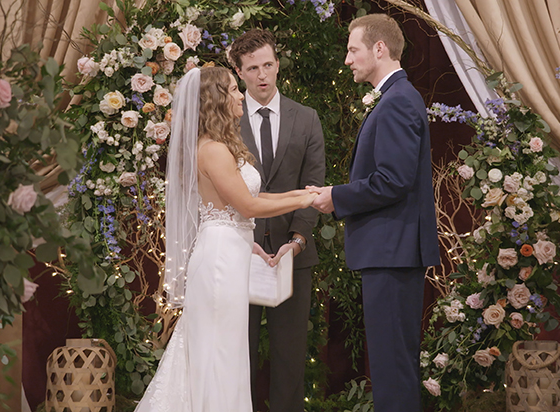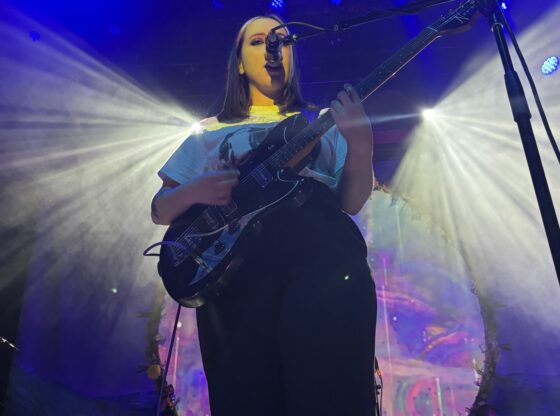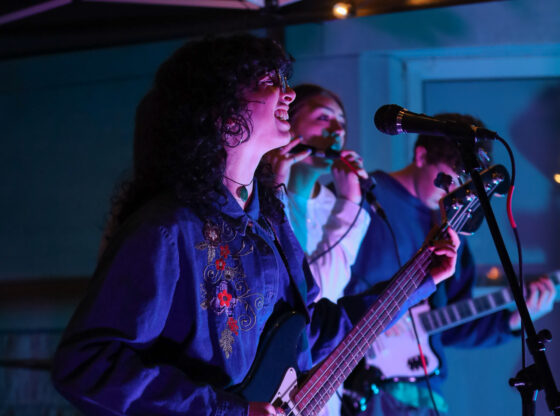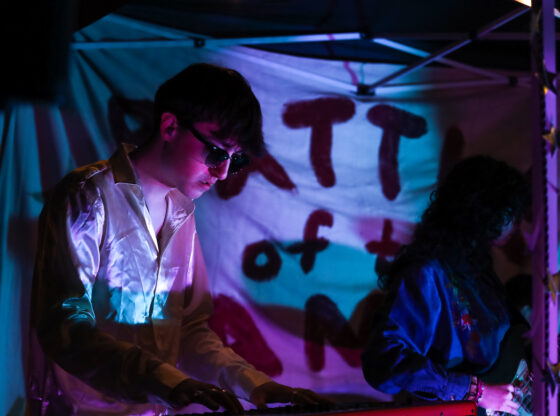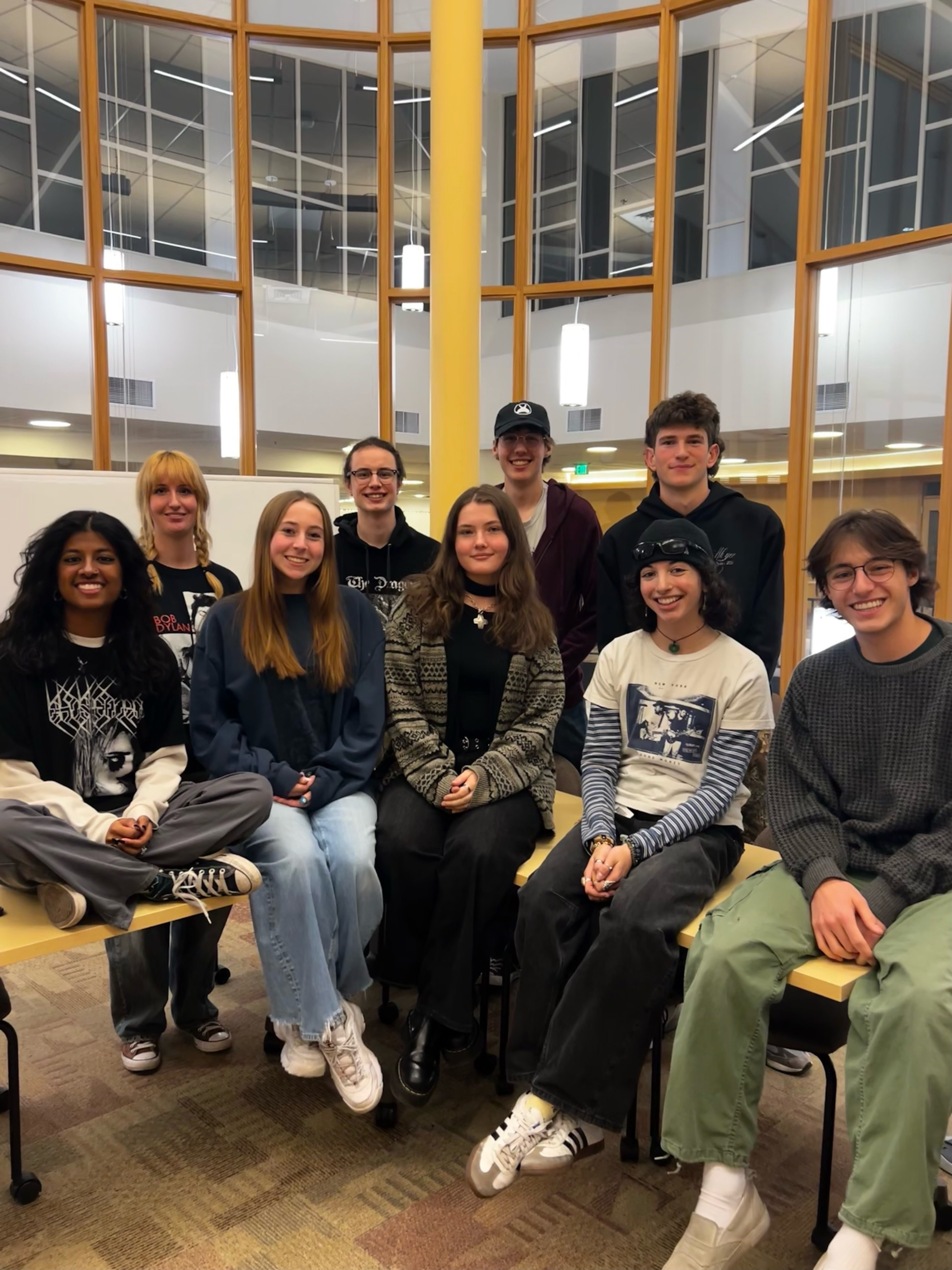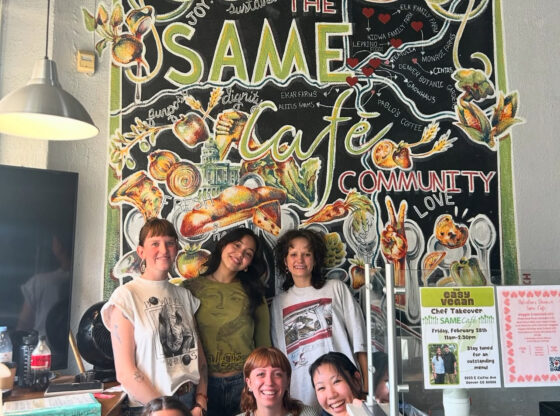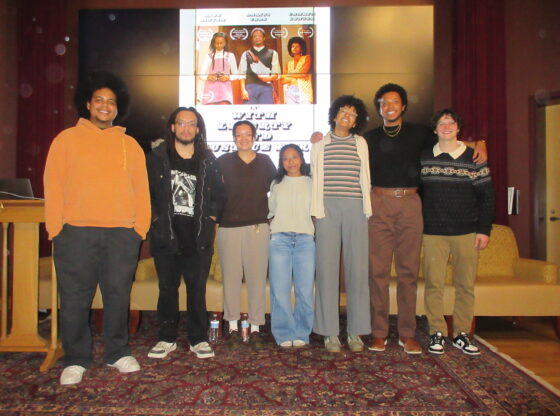(Note: Some spoilers ahead.)
“Love is Blind” is the latest Netflix release to tackle the question that has pervaded reality TV for decades: What decides attraction or, more importantly, love? The 10-episode series takes a unique approach to the prompt. Beginning each individual’s search for their “soulmate,” the show places them into a pod where they are separated from a potential partner by an opaque glass panel. Participants can only evaluate their match through what they say, ruling out physical attraction entirely. However, what begins as an interesting, if not entirely original premise, unfortunately devolves into many of its predecessors.
After matching with an individual through conversations, one contestant proposes to another. In episode two, all the couples say yes, and see each other for the first time having already agreed to the marriage. This moment is both heartwarming (and thoroughly entertaining in many instances)—I’d be lying if I said that the second episode didn’t keep me on the edge of my seat. From there, contestants meet at a resort to get to know each other in a more casual setting. Tensions rise as some pairs find out that there’s a lot more to marriage than conversation. The climax of this segment arrives when one couple breaks up, and both participants leave the resort. The contestants then spend a week together in an apartment complex while meeting each other’s families. At this point, viewers come to love/hate the contestants—I know I did—as cracks in each relationship begin to form. The three-week event ends with the couples proposing to each other—some begin new lives together while others take time apart.
What begins as an interesting premise remains an engaging piece of reality television. Though, what initially distinguished “Love is Blind” from its contemporaries is all-too-quickly scrapped in favor of tried-and-true drama TV.

After all the struggles and heartbreak packed into 10 episodes, does the audience ever find out whether or not love is truly blind? Executive producer Chris Coelen stated that “I think that’s just a testament to the authenticity of the whole thing… They went through this process, built this relationship and put it to the test. It’s trial by fire and their relationships are forged incredibly strongly. I don’t see them ever slowing down.”
While we did see the initially blind connections form true love in a few cases, the series demonstrated that a variety of factors influence attraction, but more importantly, compatibility. As it turns out, love isn’t blind; only two of the five couples ultimately got married, despite their supposed bonds.
Regardless, “Love is Blind” manages to satisfy that craving for watching the rise and fall of relationships that only reality TV can sate. The show is very enjoyable and definitely binge-worthy for a slow weekend. Fans of other romance-based reality TV like “The Bachelor,” produced by the same company as “Love is Blind,” will find a welcome change in Netflix’s latest series. The show caters to the human need for affection and companionship, and viewers will find themselves connecting with contestants both successful and spurned. Coelen intends to fulfill this mark of the human condition, which is arguably the primary reason for the show’s success.
As stated by the director himself, “every single person on the planet—regardless of where you live or what you look like or how old you are or whether you have money or don’t have money, where you come from, or whatever—wants to be loved for who they are.”
I found myself becoming genuinely invested in a few of the relationships, while strongly disliking a few contestants. In that sense, “Love is Blind” succeeded. From the standpoint of someone new to reality TV, the series maintained both my interest and my investment in the characters. The show manages to remain both suspenseful and surprising despite the feeling that we’ve seen this all before. The series shouldn’t pretend to be a nuanced study of human nature—it’s not. But for a short ten episodes, “Love is Blind” is as addicting as it is enjoyable.

